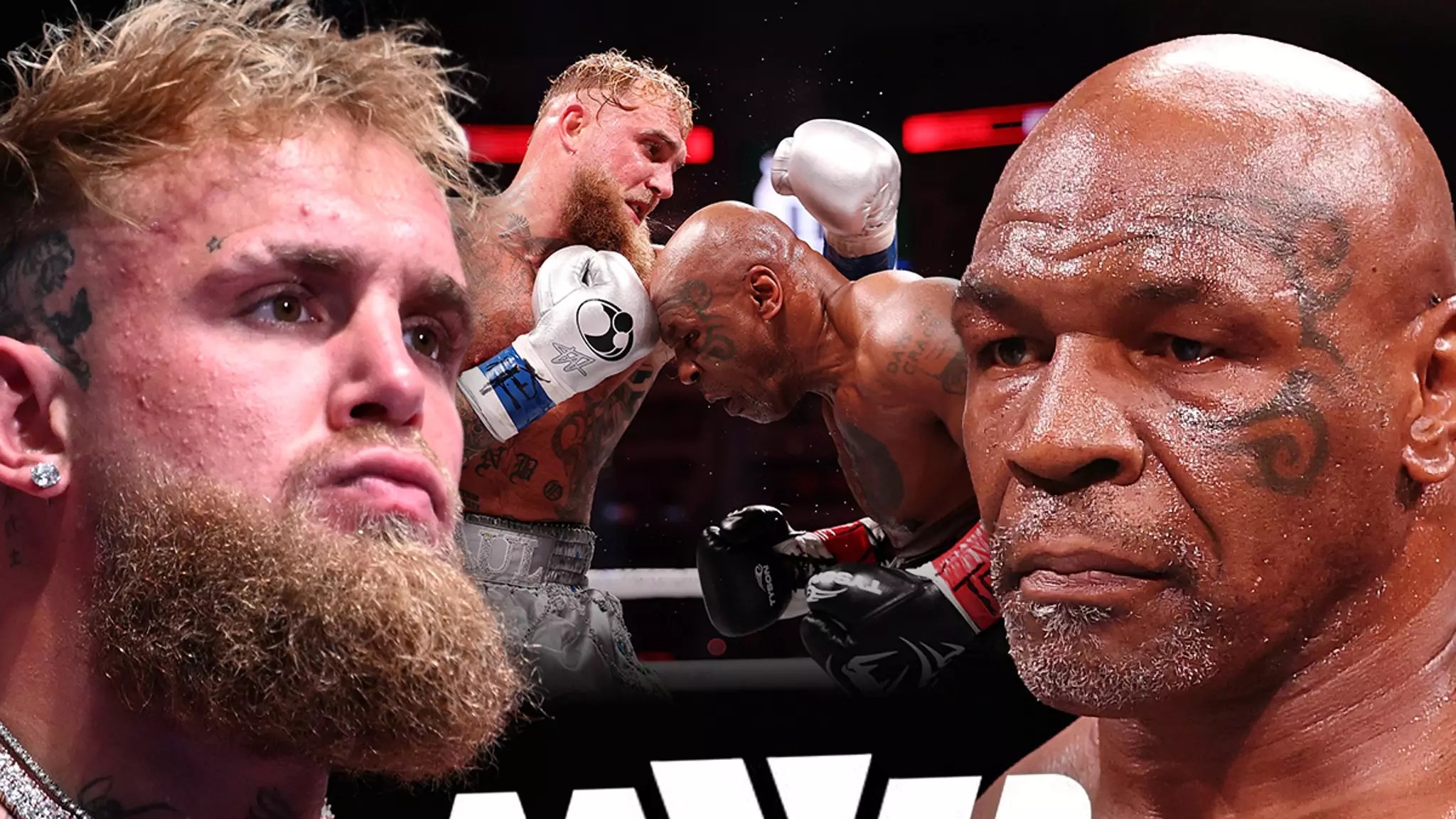The recent boxing match between Jake Paul and Mike Tyson has ignited a whirlwind of debate within the boxing community and among sports enthusiasts worldwide. Paul’s unanimous decision victory over the legendary Tyson, who is nearly three decades his senior, has led to a flurry of skepticism. Critics have questioned the legitimacy of the match, positing that Tyson’s performance was diminished, perhaps even orchestrated, to provide Paul with a more palatable narrative as a legitimate contender in the sport. This discourse not only highlights the tensions surrounding celebrity-fueled boxing but also raises questions about the perception of authenticity in a sport often marred by preconceived biases.
The Context of Celebrity Boxing
It’s essential to understand the context of celebrity boxing. The rise of influencers and YouTube stars venturing into professional sports has revolutionized audience engagement, drawing millions who might otherwise not tune in to traditional boxing matches. Jake Paul, known foremost as a YouTube sensation, serves as a testament to this shift. His foray into boxing has met with equal measures of adulation and skepticism. His fights, including the recent one against Tyson, serve dual purposes: entertainment for the masses and the attempted elevation of boxing’s mainstream appeal.
Paul’s victory thus transcends the mere athletic performance; it’s emblematic of a clash between old-school boxing values and modern spectacle-driven sport. The criticism that often accompanies his wins reflects not only disdain for his background but also the discomfort some feel with this evolving definition of a “boxer.”
The Most Valuable Promotions (MVP), co-founded by Paul, emphatically defended the legitimacy of the fight against the backdrop of these criticisms. Those weighing in on the conversation have dissected the fight footage, suggesting Mike Tyson was intentionally withholding his capabilities to allow Paul a more glamorous victory. Critics claim such maneuvering could be a calculated move to ensure profits for both fighters while presenting a favorable narrative that benefits the promotion and the streaming giant Netflix, which aired the event.
However, MVP’s rebuttal is grounded in legal and regulatory frameworks, emphasizing that any semblance of a fixed match would be not only unethical but also federally punishable. Their argument hinges on the transparency of regulations enforced by the Texas Department of Licensing and Regulations (TDLR), underscoring the idea that both Paul and Tyson operated without constraints and with full intent to win.
MVP’s statement poignantly addressed this “naive” criticism, positioning it as an affront to both fighters and the sport of boxing. Nakisa Bidarian, co-founder of MVP, articulates a crucial point: Jake Paul has consistently faced skepticism from the outset of his boxing career, a byproduct of his unconventional entrance into the sport. This skepticism is compounded by the age difference and Tyson’s storied past in boxing, creating a narrative where Paul’s victories are often perceived through a lens of incredulity.
The resistance to accept Paul’s success illustrates a broader theme in sports: the unwillingness to embrace new narratives that diverge from traditional paradigms. This skepticism is not limited to boxing; it resonates throughout various forms of competitive sports where established figures or traditions threaten to be disrupted by fresh talent or unorthodox paths to success.
The friction between traditionalists and the evolving landscape of celebrity boxing represents a microcosm of larger cultural shifts occurring within sports as a whole. Jake Paul’s success story defies conventional understanding, challenging what it means to be a legitimate athlete and shifting perceptions about the sport’s integrity.
Ultimately, the debate surrounding Paul’s recent victory over Tyson will likely persist, fueled by personal biases and the complexities surrounding celebrity involvement in athletics. Regardless of one’s views on Paul, there’s no denying that his presence has provoked significant discussions about the future of boxing—discussions that may very well redefine the sport as it adapts to the whims of modern audiences. As boxing continues to navigate this newfound path illuminated by personalities like Paul, it remains to be seen how it will reconcile its rich history with the ever-evolving landscape of sports entertainment.







Leave a Reply